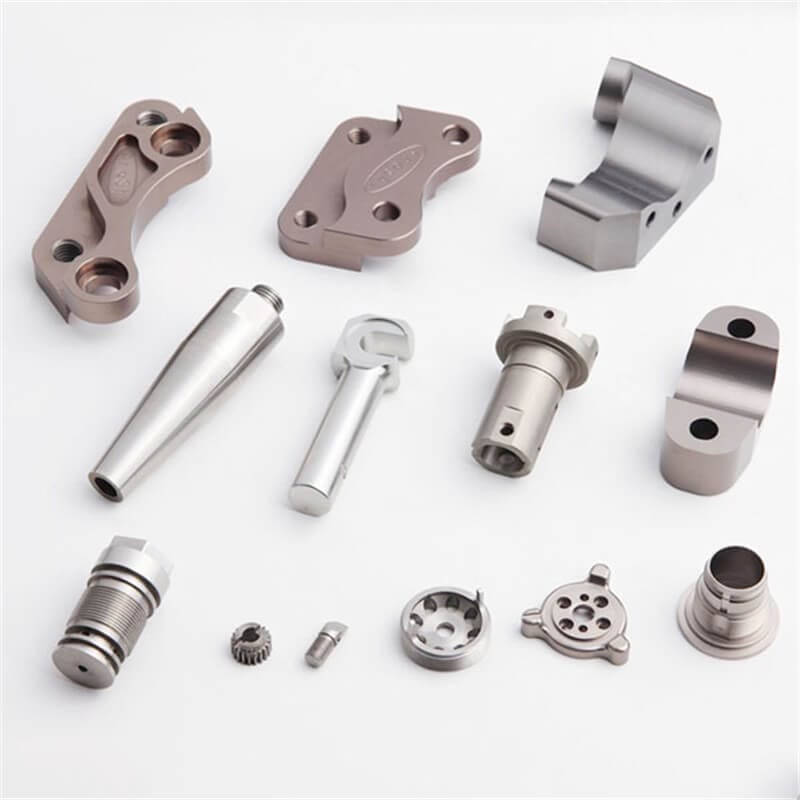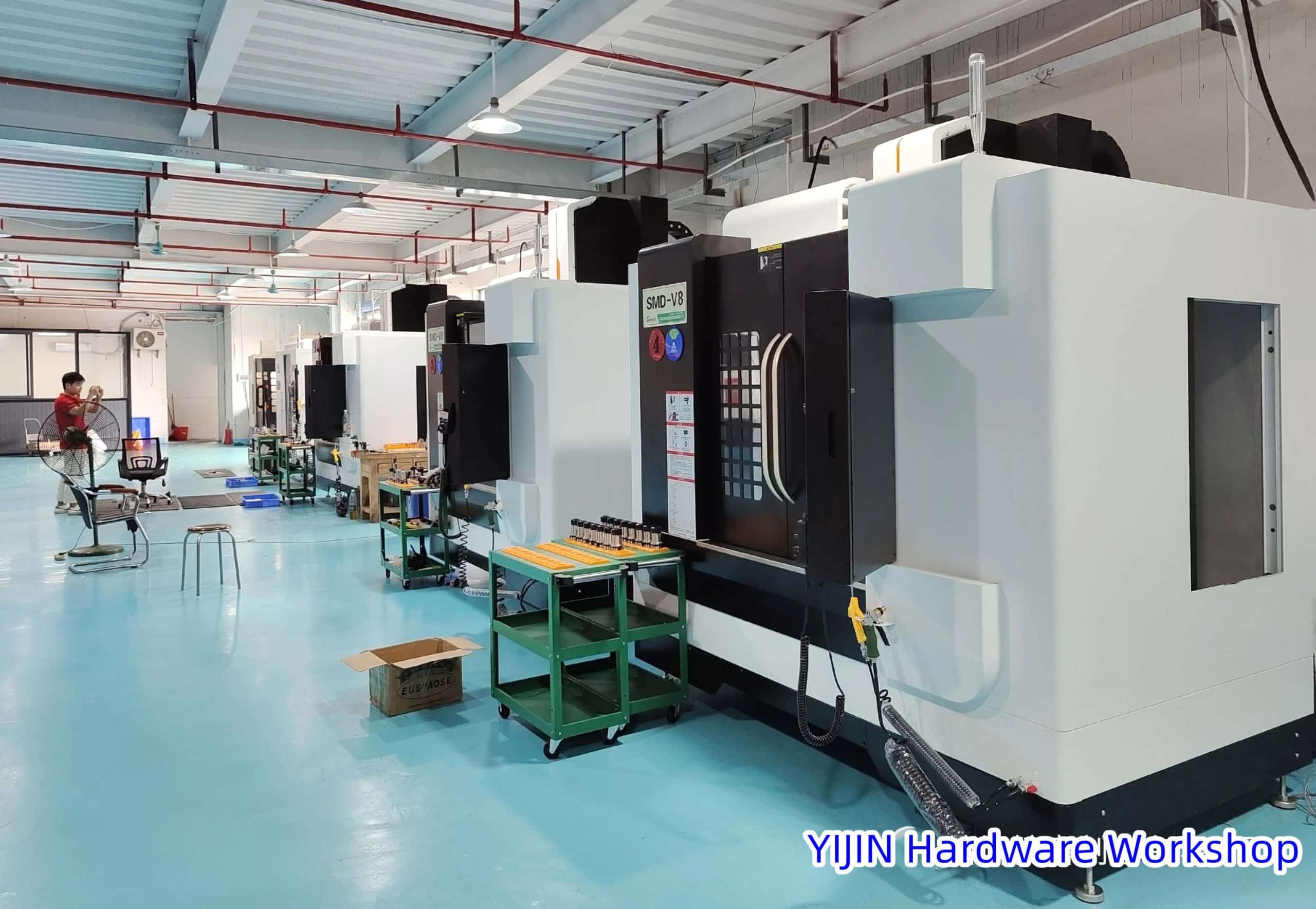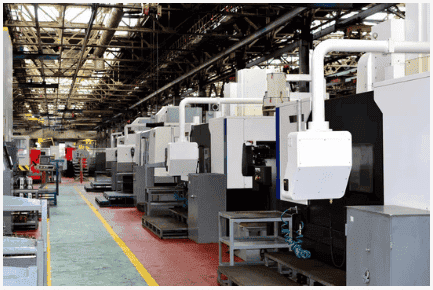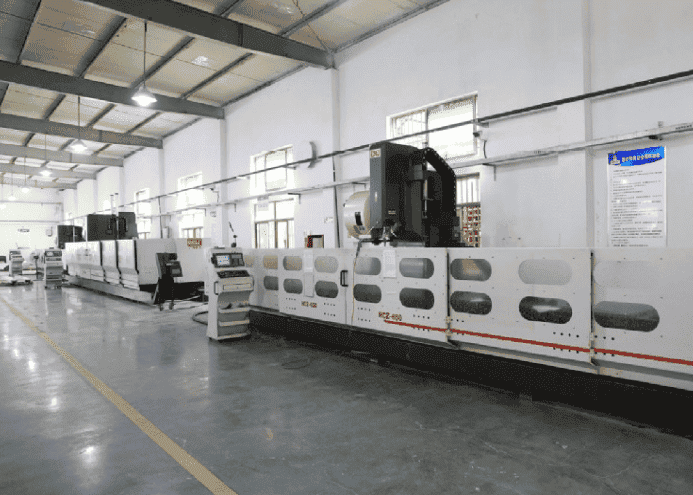Choosing the right lightweight metal is important for a variety of engineering projects. In this article, we will look at how to select the best material based on your requirements.
We will also explore some of the advantages and disadvantages of different lightweight metals so you can come up with a decision for your project.
Types Of Lightweight Metals, and Their Pros and Cons
The different types of lightweight metals available are lightweight aluminum, lightweight steel, magnesium, titanium, and zinc. Each metal includes its own set of properties that make it ideal for different applications.
| Lightweight Metals | Pros | Cons |
| Aluminum is the most widely used lightweight metal. It is strong yet lightweight, making it ideal for a variety of applications, including construction, automotive, and aerospace. | Aluminum is very strong yet light in weight, making it ideal for a variety of applications Aluminum is corrosion-resistant, making it a great choice for automotive and aerospace applications Aluminum is an excellent conductor of heat and electricity, making it ideal for electrical applications Aluminum can be easily recycled without losing any of its properties, making it a sustainable choice |
Aluminum is not as stronger as other metals, such as magnesium or titanium Aluminum can corrode when exposed to certain environments |
| Magnesium is another popular choice for lightweight metals. It is about two-thirds the weight of aluminum and offers excellent corrosion resistance. Magnesium is often used in the automotive and aerospace industries. | Magnesium is about two-thirds the weight of aluminum, making it a popular choice for lightweight metals. Magnesium offers excellent corrosion resistance, making it a great choice for the automotive and aerospace industries. A good conductor of heat and electricity Can be recycled |
Compared to aluminum or titanium, Magnesium is not strong It can corrode when exposed to certain environments |
| Titanium is a strong, lightweight metal that is often used in the aerospace industry. It is about half the weight of aluminum and offers excellent corrosion resistance. | Titanium is a strong, lightweight metal that is often used in the aerospace industry Titanium is about half the weight of aluminum Titanium is a good conductor of heat and electricity Can be recycled |
Titanium is more expensive than other metals, such as aluminum or magnesium Titanium is difficult to work with, making it a challenge for manufacturers |
| Zinc is a less common choice for lightweight metals but offers good strength and stiffness. Zinc is often used in the construction industry. | Zinc is strong and stiff, making it ideal for construction applications Zinc is a good conductor of heat and electricity Zinc can be recycled |
Zinc is not as strong as other metals Zinc is a less common choice for lightweight metals |
The Benefits of Using A Lightweight Metal
As technology advances, more industries are looking for ways to reduce the weight of their products. There are many benefits to using a lightweight metal, including:
1. Improved Fuel Efficiency
Improved fuel efficiency is the biggest benefit of using lightweight metal. By reducing the weight of a product, less energy is required to move it.
This indicates that less fuel is required to power vehicles and machinery. As a result, fuel costs are reduced and fewer greenhouse gases are emitted.
2. Increased Performance
By reducing the weight of a product, less energy is required to move it. This means that products can be moved faster and with more agility.
As a result, productivity is increased and turnaround times are reduced.
3. Reduced Emissions
Reduced emissions are another benefit of using a lightweight metal. By reducing the weight of a product, less energy is required to move it.
This means that fewer greenhouse gases are emitted into the atmosphere.
4. Improved Safety
Improved safety is another benefit of using a lightweight metal. By reducing the weight of a product, less energy is required to move it.
This means that products are less likely to cause injuries if they fall or are dropped.
5. Extended Life Span Of Products
The extended life span of products is another benefit of using a lightweight metal. By reducing the weight of a product, less stress is placed on its components.
As a result, products last longer and need to be replaced less often. This reduces waste and helps to save money in the long run.
How to Select the Right Lightweight Metal?
Selecting the right lightweight metal for your needs can be overwhelming. There are a lot of options and it’s hard to know where to start.
But don’t worry, we’ve got you covered. Here are six ways to select the right lightweight metal for your needs:
Consider the Metal Weight
The weight of the metal is an important factor to consider when selecting a lightweight metal.
The lighter the metal, the easier it will be to work with and the less likely it is to cause problems during installation.
Consider the Metal Strength
The strength of the metal is another important factor to consider when selecting a lightweight metal.
The stronger the metal, the more durable it will be and the less likely it is to warp or bend over time.
Consider the Metal Price
The price of the metal is another important factor to consider when selecting a lightweight metal.
The cheaper the metal, the more affordable it will be, but it may not be as strong or durable as a more expensive option.
Consider the Metal Availability
The availability of the metal is another important factor to consider when selecting a lightweight metal.
If the metal is not readily available, it may be more difficult to find and purchase.
Consider the Metal Working Property.
Know Your Application
The first step in determining the best alloy for your project is to know the specifics of your application. What will the piece be used for? What environment will it be used in? What are the required properties of the alloy? Answering these questions will help you narrow down the field of alloys to consider.
Consider The Properties Of The Alloy
Once you know the required properties of the alloy, you can begin to narrow down your options by considering the properties of each candidate alloy. For example, if strength is a primary concern, you will want to focus on alloys with high-yield strength. If corrosion resistance is a primary concern, you will want to focus on alloys with high corrosion resistance.
Consider The Cost Of The Alloy
Alloys can vary widely in price, so it is important to consider the cost of each candidate alloy when making your decision. In general, higher-performance alloys will cost more than lower-performance alloys. However, it is essential to evaluate the cost of the alloy against the benefits it provides for your specific application.
Consider The Availability Of The Alloy
Not all alloys are available in all locations. When making your decision, be sure to consider the availability of the alloy in your specific location. Alloys that are not widely available may be more expensive and may require special ordering, which can impact the overall cost and timeline for your project.
Work With An Experienced Alloy Supplier
An experienced alloy supplier can be a valuable resource in helping you select the best alloy for your project.
They can offer you information about the alloys they offer and can help you compare the alloys against your specific application requirements.
In addition, they can provide you with pricing information and can help you understand the availability of the alloys in your specific location.
When it comes to selecting the best alloy for your project, there is no one-size-fits-all solution.
The best alloy for your project will depend on several factors, including the specifics of your application, the required properties of the alloy, and the cost and availability of the alloy.
By considering all of these factors, you can make an informed decision about which alloy is best for your project. And by working with an experienced alloy supplier, you can be sure that you are getting the best product for your particular needs.
Conclusion
Aluminum alloys are the best option for lightweight metal parts. They have a high strength-to-weight ratio and can be easily machined into complex shapes.
While other materials may be less expensive, they lack the properties that make aluminum alloys the ideal choice for lightweight components.
If you’re looking for a material that is both strong and light, aluminum alloys should be at the top of your list. Hopefully, you enjoyed this post.
Recommended: Properties Of Metals Strength – 2023 Updated
 Call Us Today! (+86) 188-2253-7569
Call Us Today! (+86) 188-2253-7569



